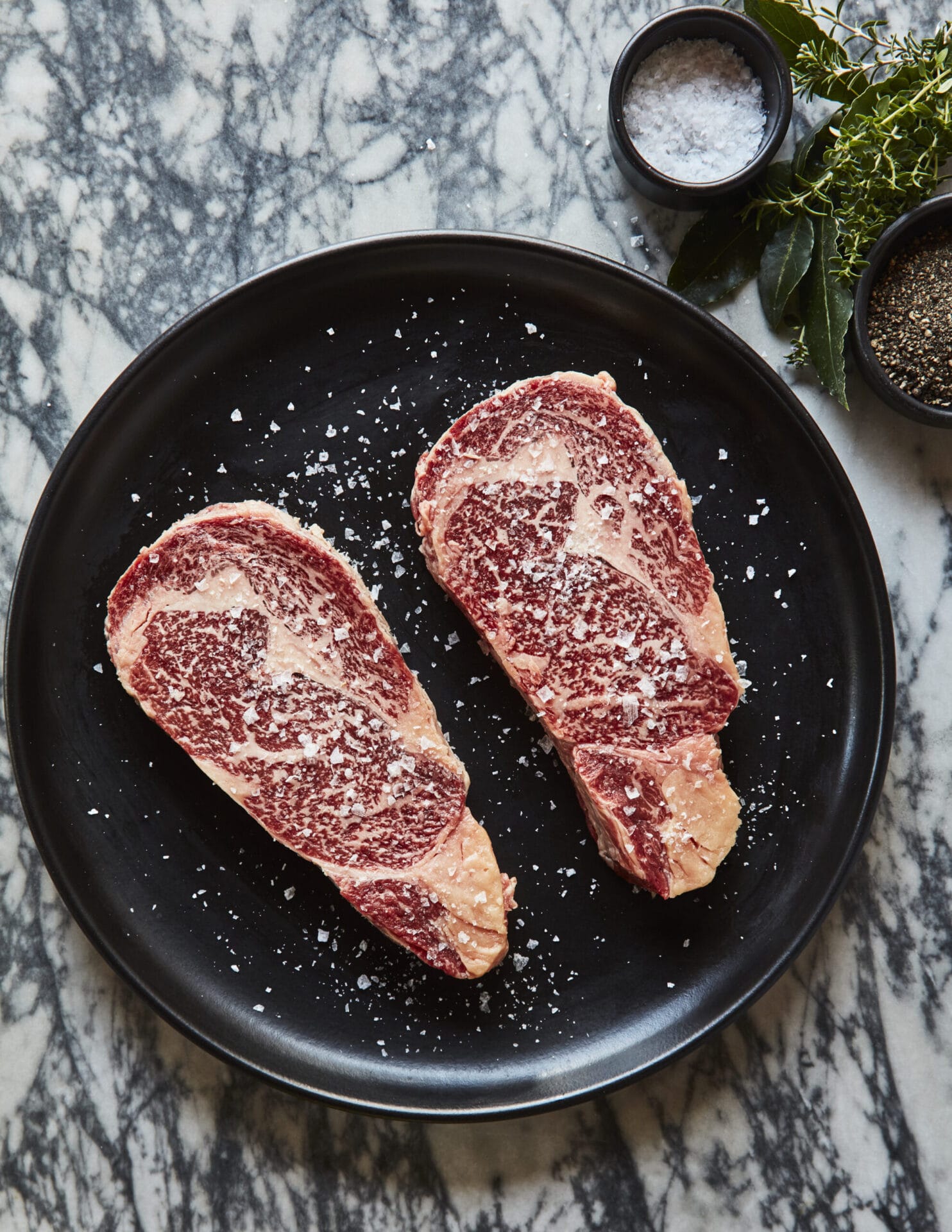-
Shop
-
Learn More
-
About
-
Contact
Our First Light Wagyu, Venison, and Elk farmers come from all over New Zealand. We’re proud to partner with such an incredible group of Kiwis who share the same values as we do. The result of all of their hard work is the most extraordinarily tender, marbled grass-fed beef, and the most delicate and delicious farm-raised Venison. We pride ourselves on the quality of our animals and as a result, we bring the best Wagyu beef and Venison to your table.

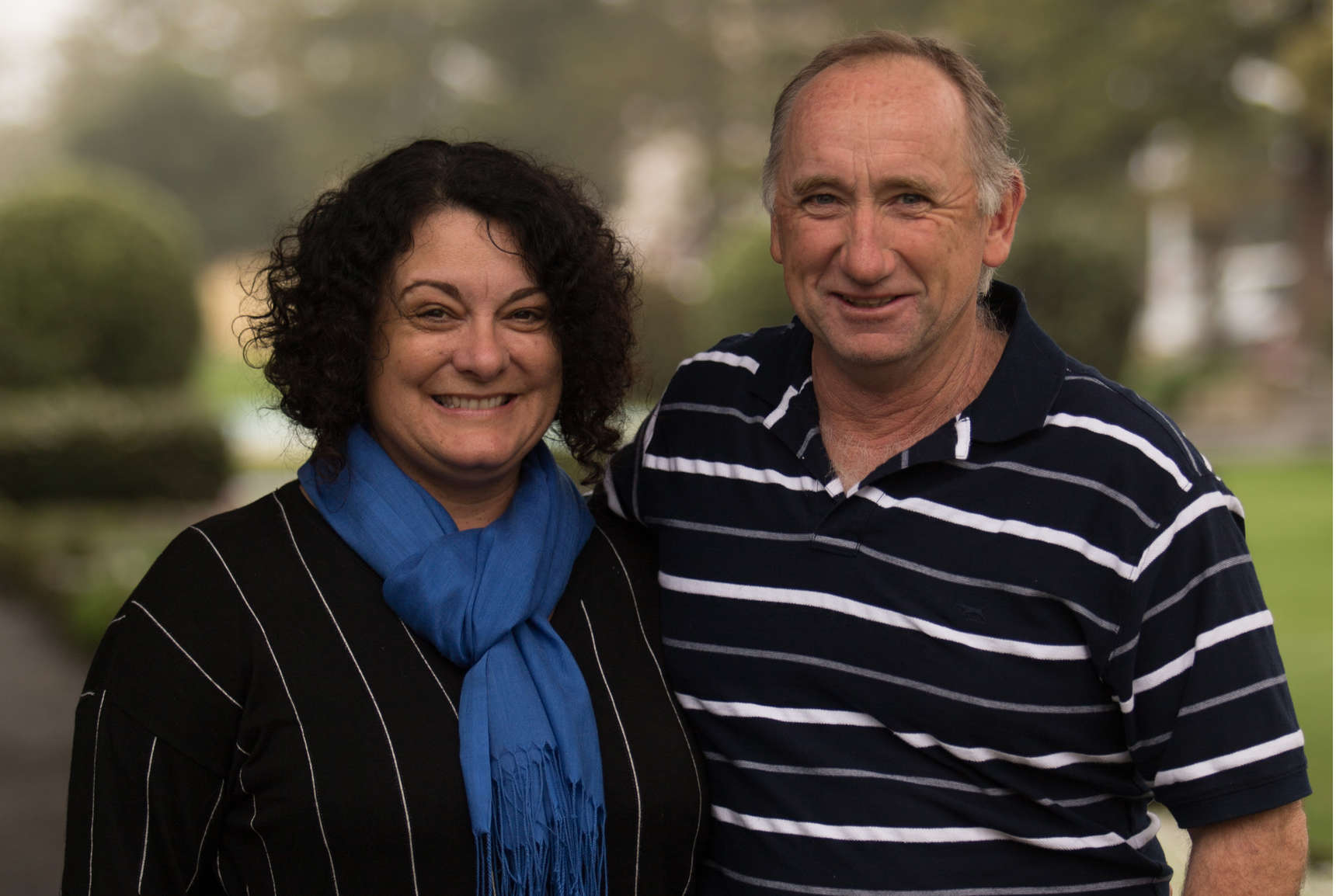
Our farm is a 160 ha beef finishing unit located close to Maungakaramea, 15 minutes south west of Whangarei in Northland.
Since our first purchase of Wagyu cattle in 2012, we have slowly transitioned from a dairy support / local trade heifer operation to today being an almost 100% Firstlight finisher.
Joining a youthful, driven and passionate company which brings innovation and clarity to the beef industry has been refreshing and enlightening.
Knowing that we are now part of a select group which is producing and marketing the Firstlight Grassfed NZ label to consumers worldwide is inspiring.
Our aim is to continue to produce quality Firstlight Wagyu beef to the highest standards and have it recognised by the best judges in the world – you – the customer.
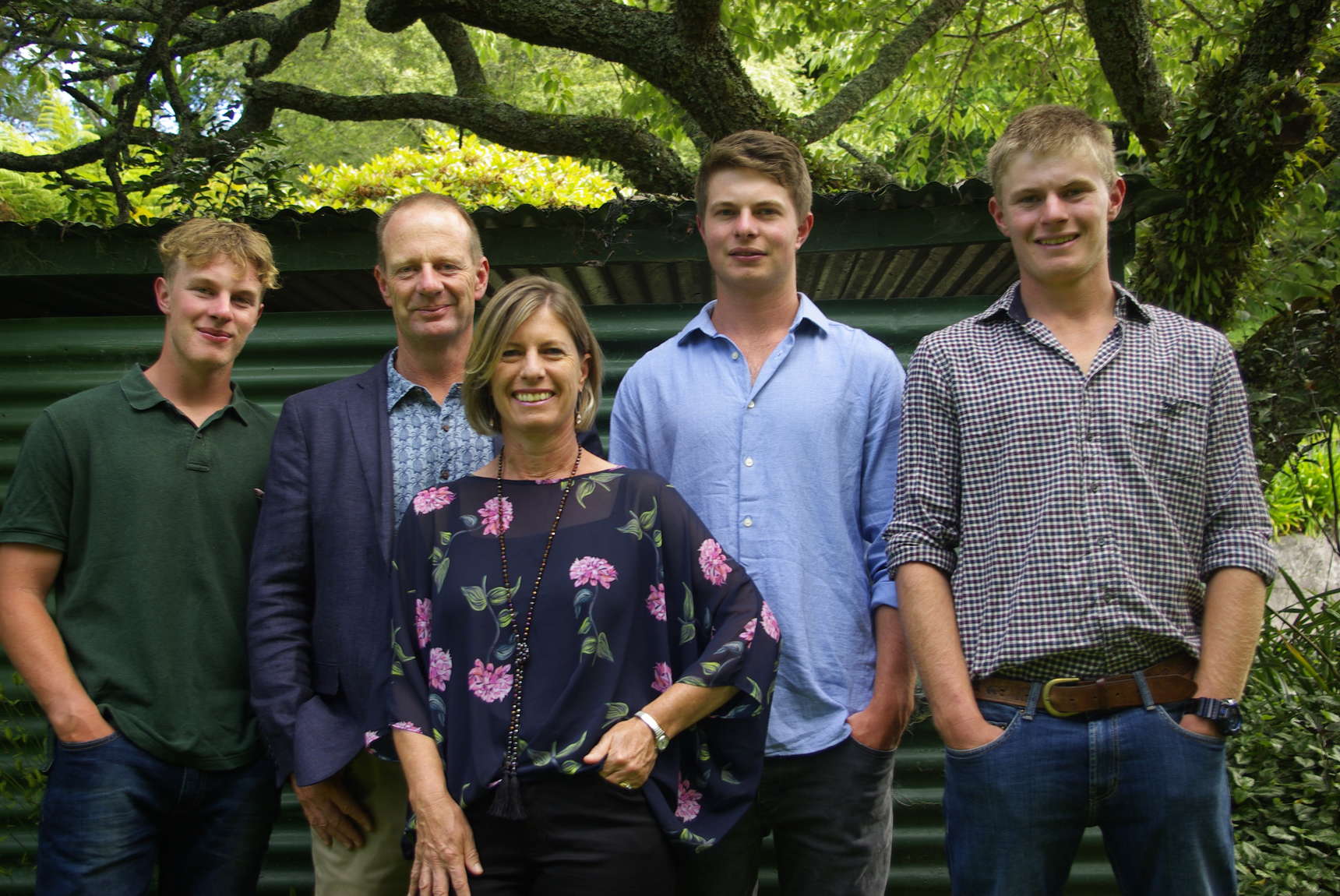
Peter and Sue farm 50ha in the King Country when they are not working at their respective full time jobs. Peter hopes to purchase about 50 odd Wagyu x Dairy weaners each and sell the tops store at 18 months and finish the balance the following year. In the 2015/16 year they finished 25 cattle and sold 270 yearlings store.
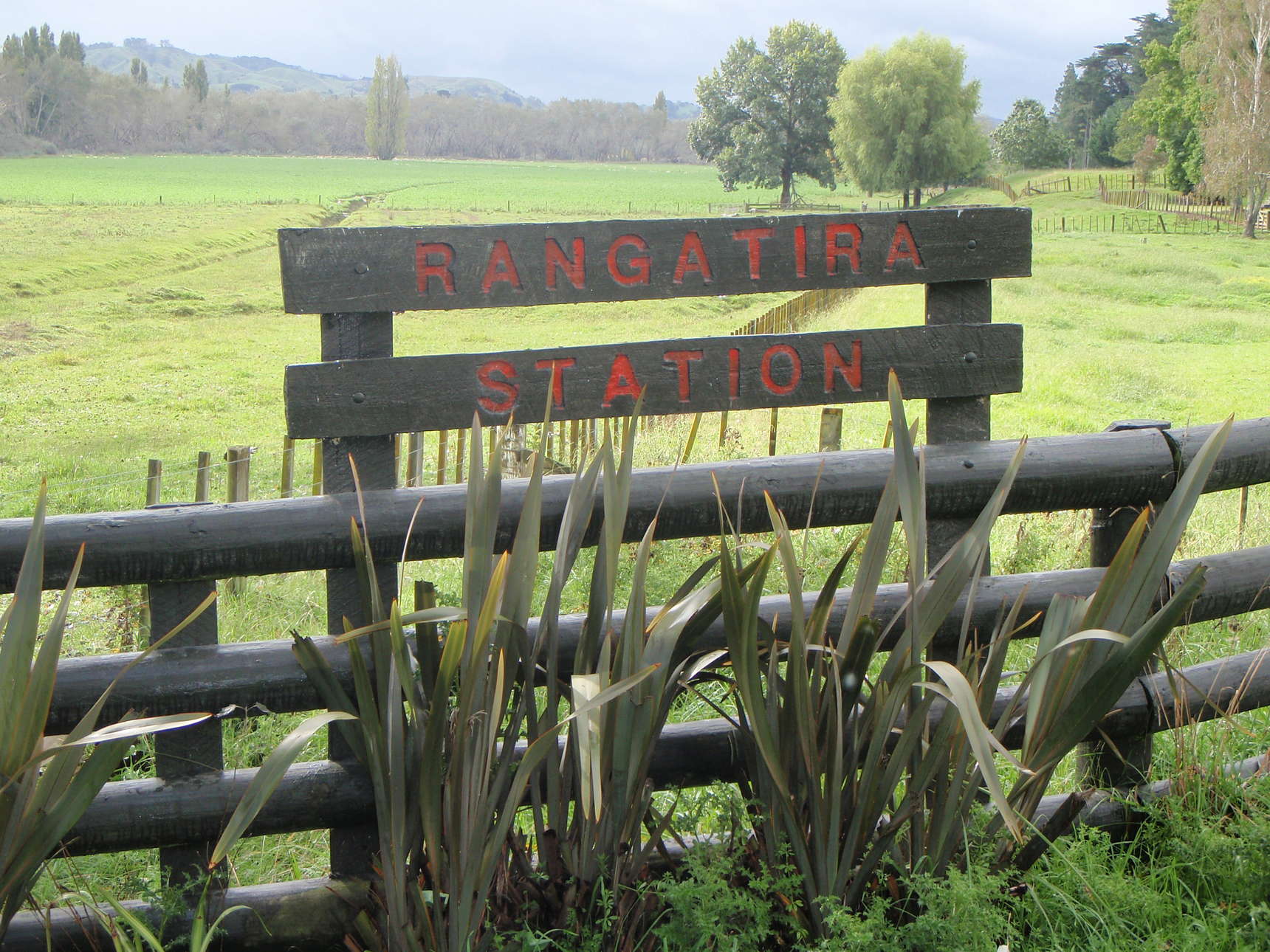
You’ll find Rangatira Station just south west of Gisborne. It operates as a farming company, owned by the original founder’s daughter – Anne Thomas – and her adult children Norman and Christine.
Today, the farm spans 1580 hectares total area with a further 155 hectares of lease land farmed on the adjoining boundary. With approximately 14,500 stock units, Director and Farm Manager Norman Thomas says he runs a mix of Angus/Angus X breeding cows and a Coopworth ewe flock, with all animals predominantly bred and finished on the property utilising summer feed crops and improved pastures. “The First Light Wagyu involvement sees Wagyu bulls mated to younger cows, resulting in easy calving and a lively, healthy Wagyu/Angus calf,” says Norman. “We raise and finish our Wagyu here at Rangatira using lush pastures, fresh water and abundant Gisborne sunshine.”
Rangatira Station also leases around 100 hectares to local growers each summer for cash cropping, and the farm is a regular host for horse sports, horse hunting, dog sales and shearing schools.
First Light appealed to Rangatira initially as a safe option for heifer calving. “More so though,” says Norman, “it is an opportunity to be part of a high quality, sustainable and branded pure food source. It is a full producer-to-consumer food chain. Joining First Light has highlighted the relevance of traceable, sustainable protein – meaning on-farm we are doing more to record, monitor and trace our animals. It has shown us the importance of a branded story around our farming practices and the marketing of product to the world’s consumers.”
Norman says Rangatira chose to become First Light shareholders because of its commitment to producing a premium eating experience for consumers. “You’ll never have a better meat-eating experience” he enthuses. “It’s about producing food that you can stand behind and say ‘I’ve produced this using only natural sunshine and water to grow grass which these animals consume.’ The processes we undertake on farm are humane and ethical. We farm to pass our land on to the next generation, in as good or better state as we first farmed it.”
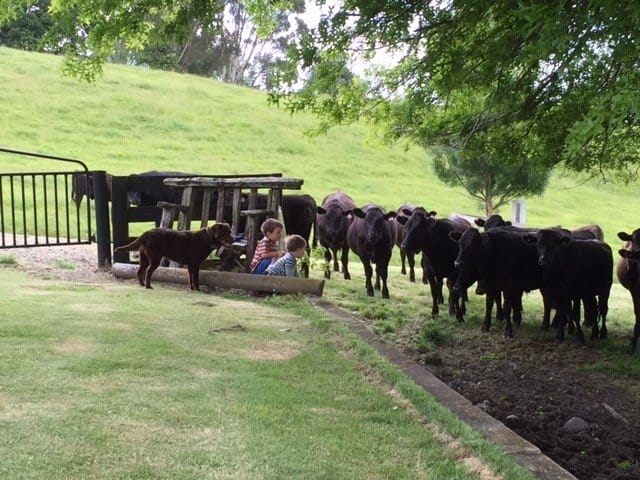
Jerry and Diana, along with their son James and his wife Katherine, farm Wagyu cattle on The Brow Farms, 50km south of Hastings in Central Hawkes Bay.
When they heard of what Firstlight were up to with their Wagyu cattle they were keen to get on board, seeing a real opportunity in a new, innovative and quality product. Animal welfare, sustainability and the environment play an important role in how James and Jerry run their farming business and Firstlight’s own vision aligned with this.
The Brow Farms now finish 300-400 Wagyu steers annually and graze Wagyu bulls when they are having a rest from mating.
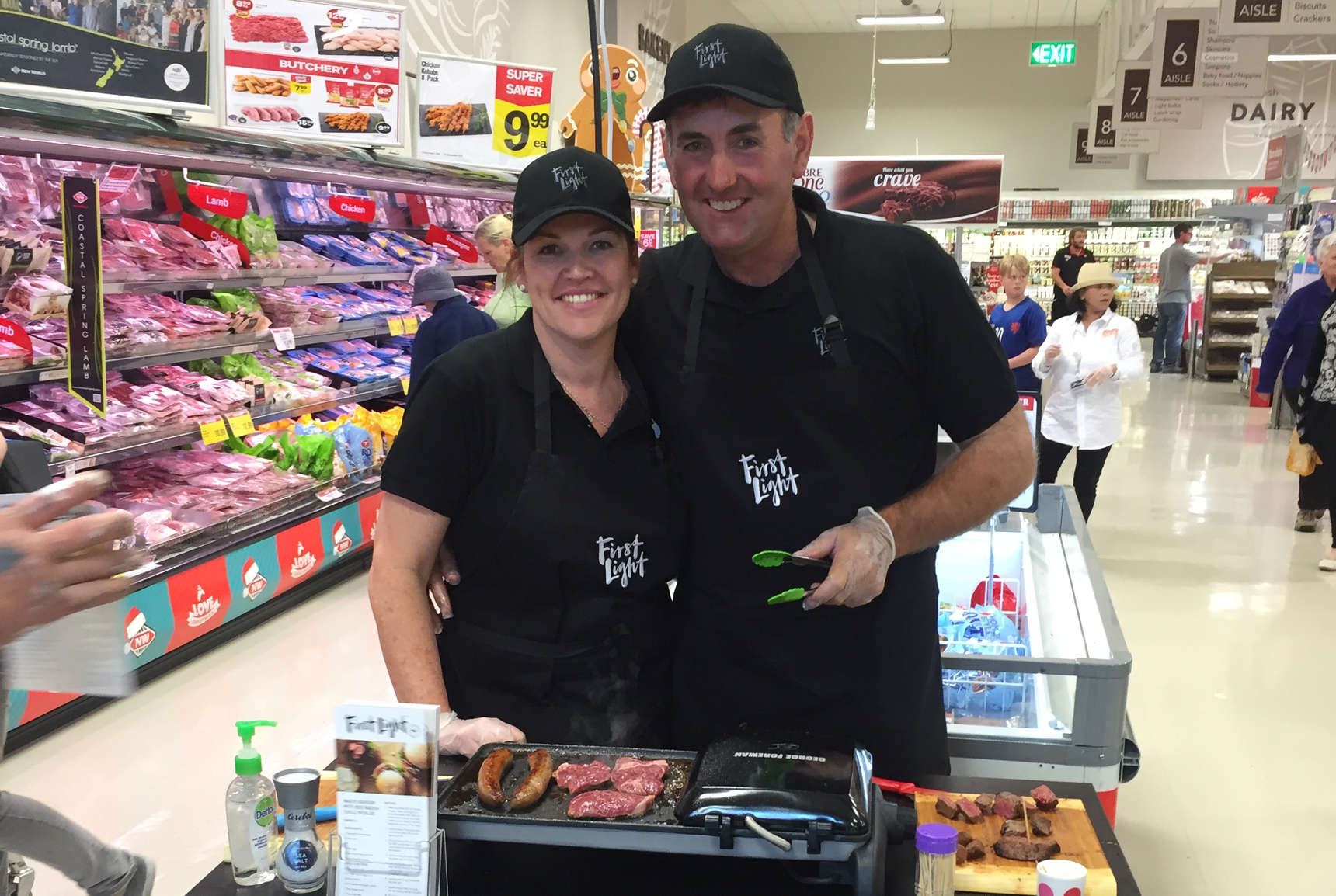
Grant and Christine West farm at Tangiteroria in Northland. The West family have been with Firstlight Wagyu since its inception. They have been finishing steers and heifers for 3 years.
Grant and Christine together with Grants mother Joy and their three children run a sheep and beef property west of Whangarei Northland. “As a multi-generational family business taking care our people, land and animals is vital to our families future. The integrity of Firstlight and the people involved with it, fits well with our way of doing business. To be able to supply a product to our customers that has a great story, cared for by great people along the chain and is a great eating experience…is very rewarding.” They were humbled to receive the Firstlight Wagyu supplier of the year award 2014/2015.
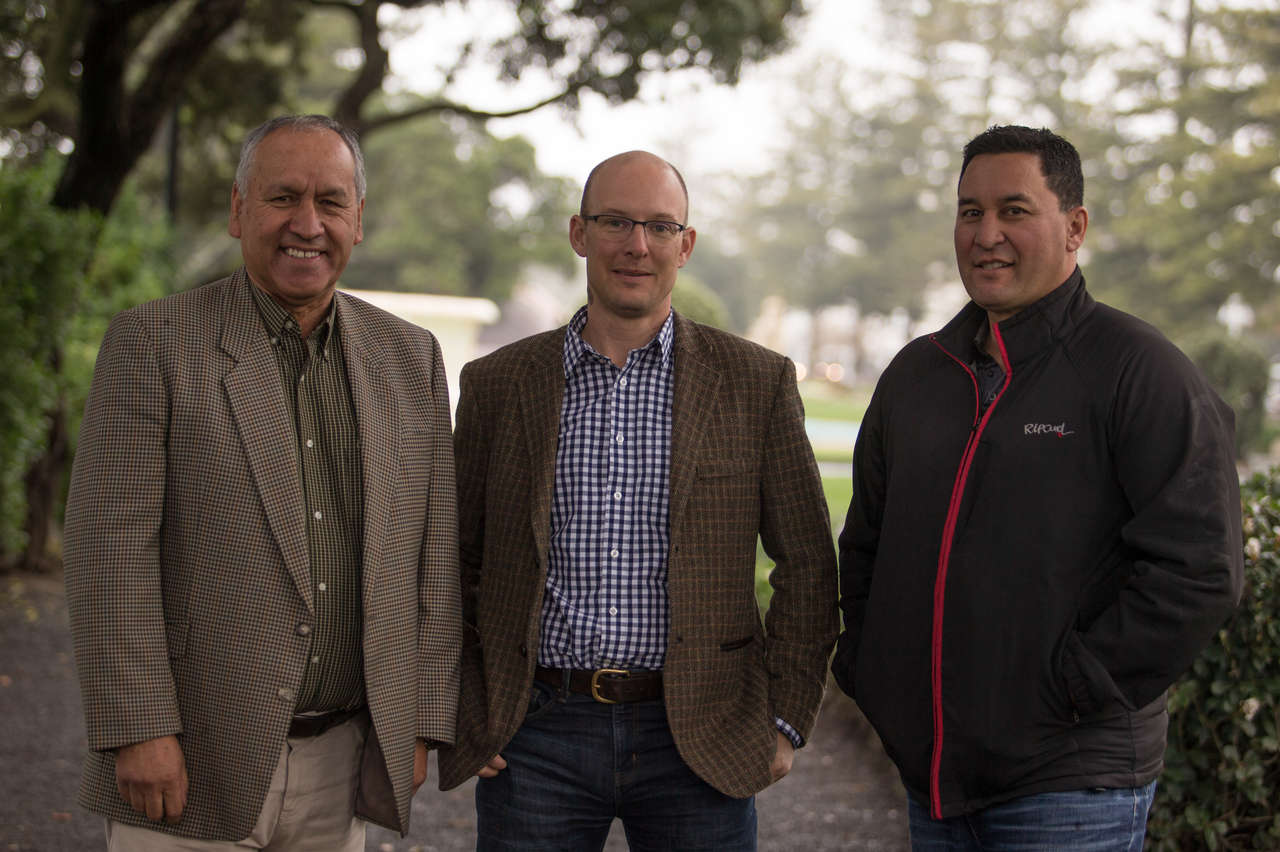
Whakaue Farming Ltd is owned by Ngati Whakaue Tribal Lands Inc. WFL has 4 farming properties in the vicinity of Rotorua city. They are growing and finish Wagyu steers and heifers at Wharenui (1,126ha), Tihiotonga (665ha), and Ngongotaha (320ha)
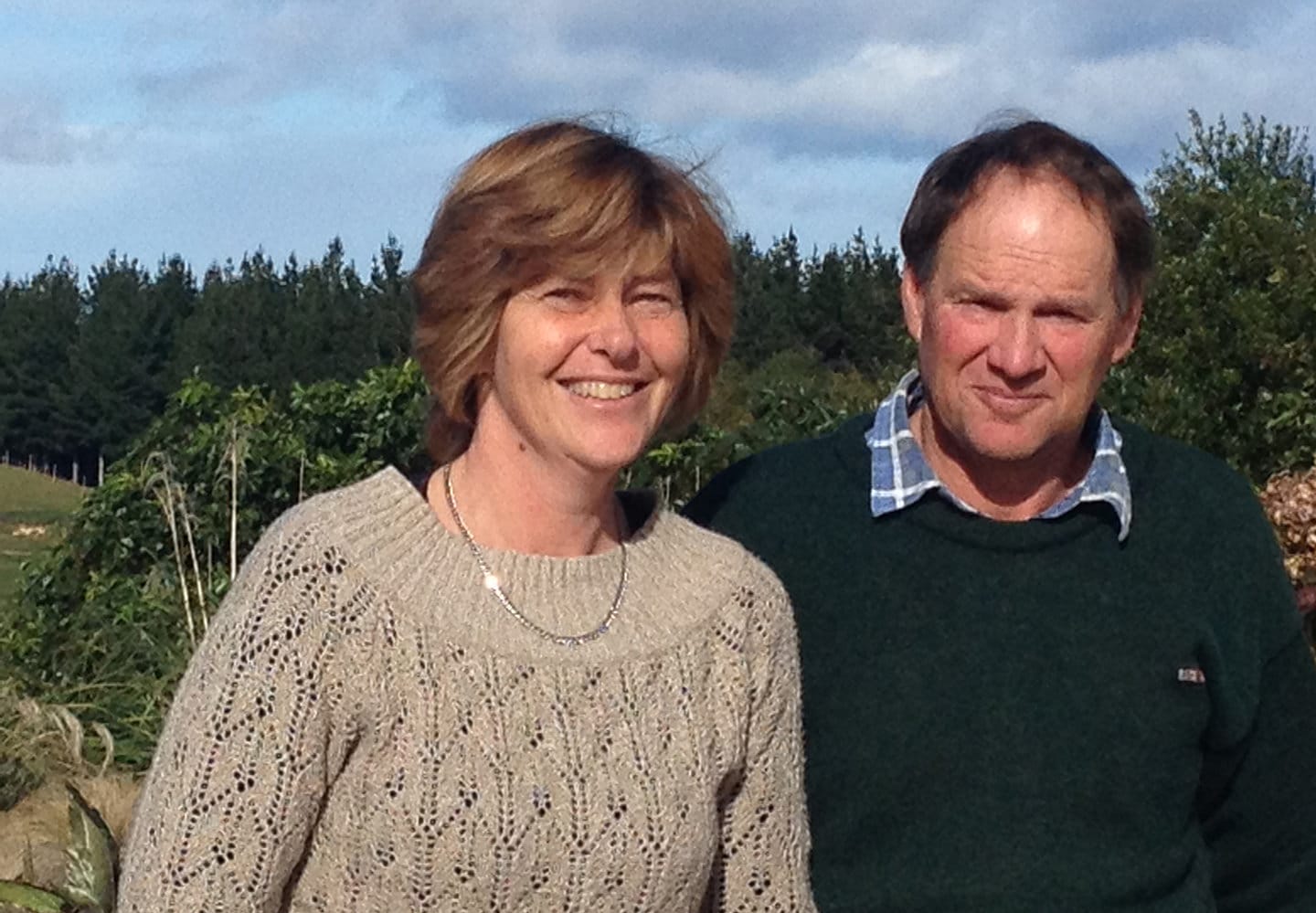
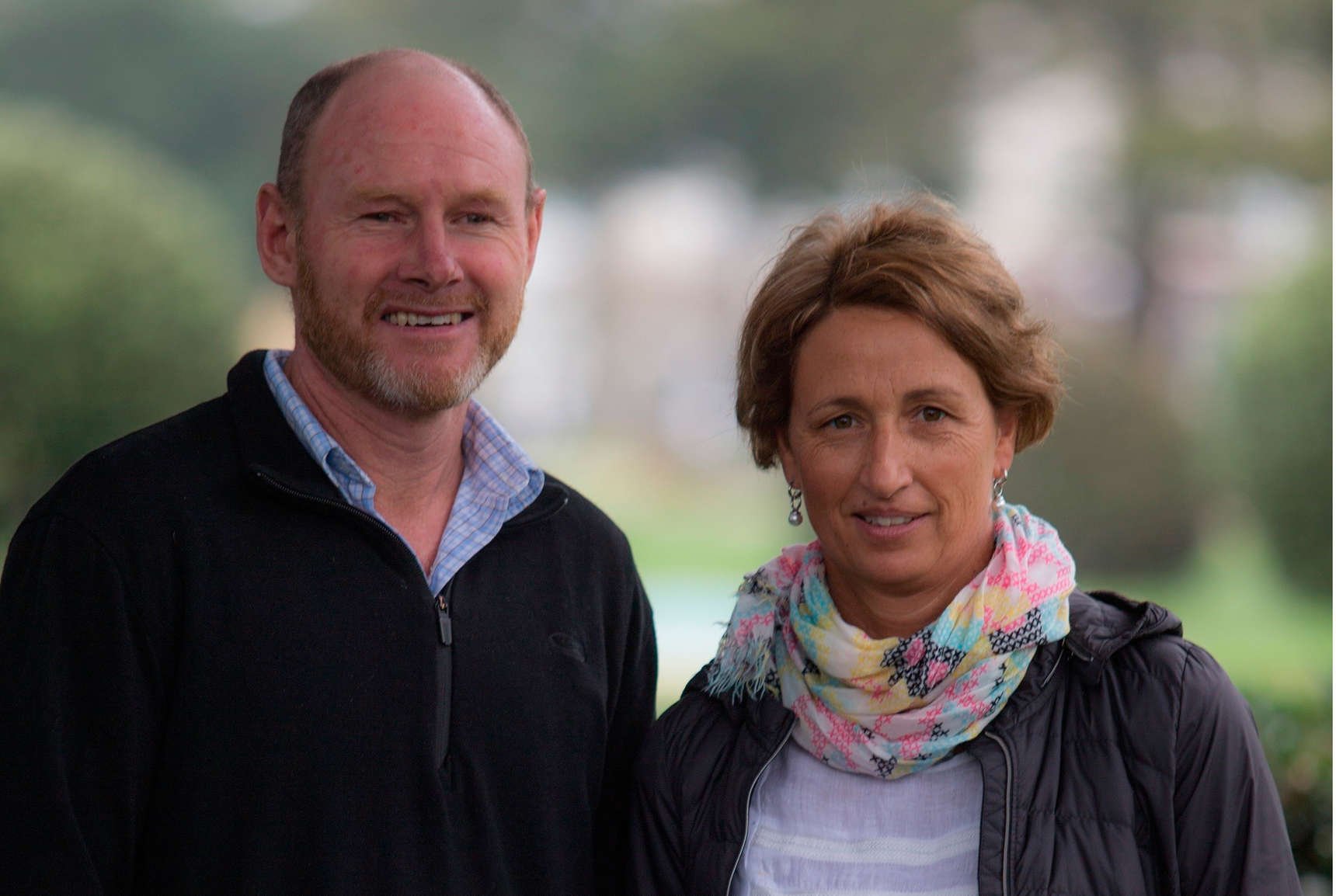
Duckshooting season is a bit different to what it used to be at Tim and Nic Hewitt’s Pahiatua farm.
“We’ve had to upgrade the beef we barbeque,” laughs Nic. “If we produce it we have to eat it.”
The couple and their children George, Edward, Hugo and Charlotte are two of the three generations living at Balfour Farm, where there is 1000ha in sheep and beef (breeding ewes, cattle finishing and dairy support) as well as a 160ha dairy farm.
“Working with First Light allows us to utilise our dairy farm to produce beef weaners for our sheep and beef business,” says Tim. The Hewitts take them right through to finish and say being involved in growing a high-end product, not a commodity, also appeals. “We are proud of what we do and what we produce – our Wagyu beef is a reflection of this.”
When they’re not involved in working on their farm, Nic loves to travel, garden, and also enjoys her part-time job off the farm. Tim is also a keen traveller, loves reading and art, and is partial to a craft beer. He’s a trustee for the Waireka Trust and is involved in a steering group for Tararua Monitor Farm.
Both are passionate about family time and building a business that is both environmentally sound and enables an enjoyable family lifestyle. “First Light is about the big picture – it’s about long-term sustainability,” says Nic. “Its principals tie in with our own values. We are an inter-generational family farming business with pride in what we do.”
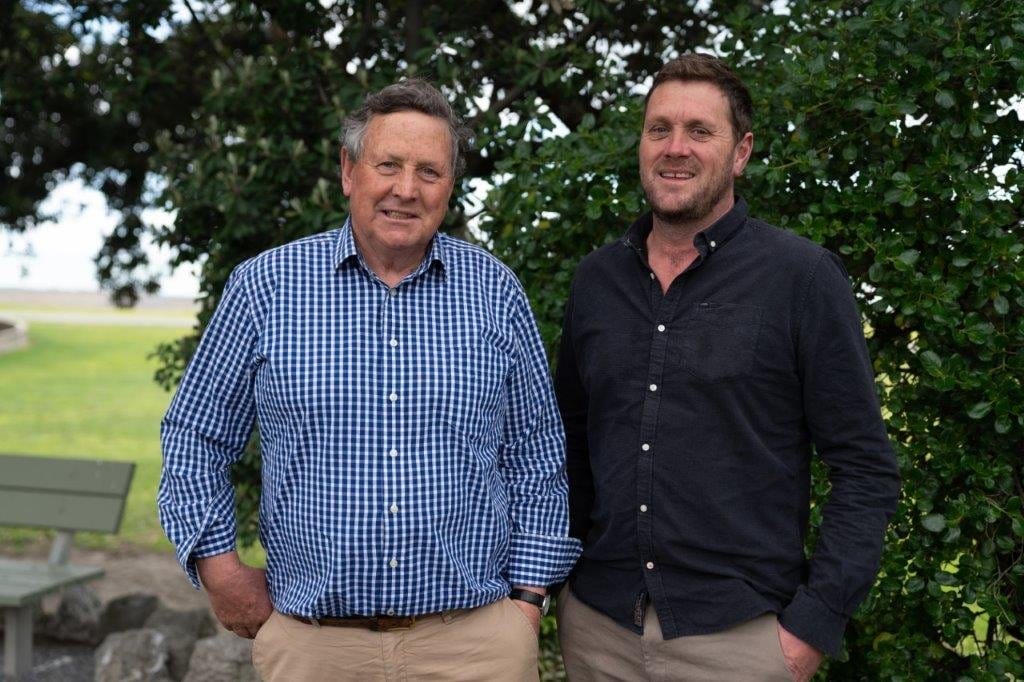
First Light Wagyu ticks all the boxes for fifth generation Maniototo farmer James Herlihy.
“We hope to year-in, year-out increase the number of Wagyu calves. We’re in it for the long haul,” he says. He and wife Cate have two dairy farms and a beef finishing/support block at Patearoa near Ranfurly in Central Otago, including about 800ha of crops and cultivars under irrigation. They have 1600 dairy cows plus replacements and Cate rears 400 beef calves every year; the majority of them are Wagyu. Through the use of fresh sexed semen, they hope to put more of the dairy herd to Wagyu to get better quality Wagyu calves earlier.
“If you want to get the higher marbling scores and the value that brings, you have to be prepared to take them to at least 28 months. There is extra value to be had if you’re patient. You can’t make a rough job of it; you can’t cut corners; you have to do them properly. They’re a valuable animal,” says James.
“If you want to do it easy, just run bulls. But if you want to do something that’s more rewarding, consider Wagyu.”
He says it’s satisfying to have a top line of Wagyu behind the wire.
“They’re hilarious; they’re as tame as a cat,” he says, smiling. ““To move them, they’ll follow you or your truck from paddock to paddock. They’re very inquisitive animals.”
James says the dairy business and the First Light model are a good fit; all beef is sourced in house, there are fewer bobby calves and they’re growing a premium product.
“Grass-fed Wagyu beef is an excellent, high-end product. Take your time. Get it right.”
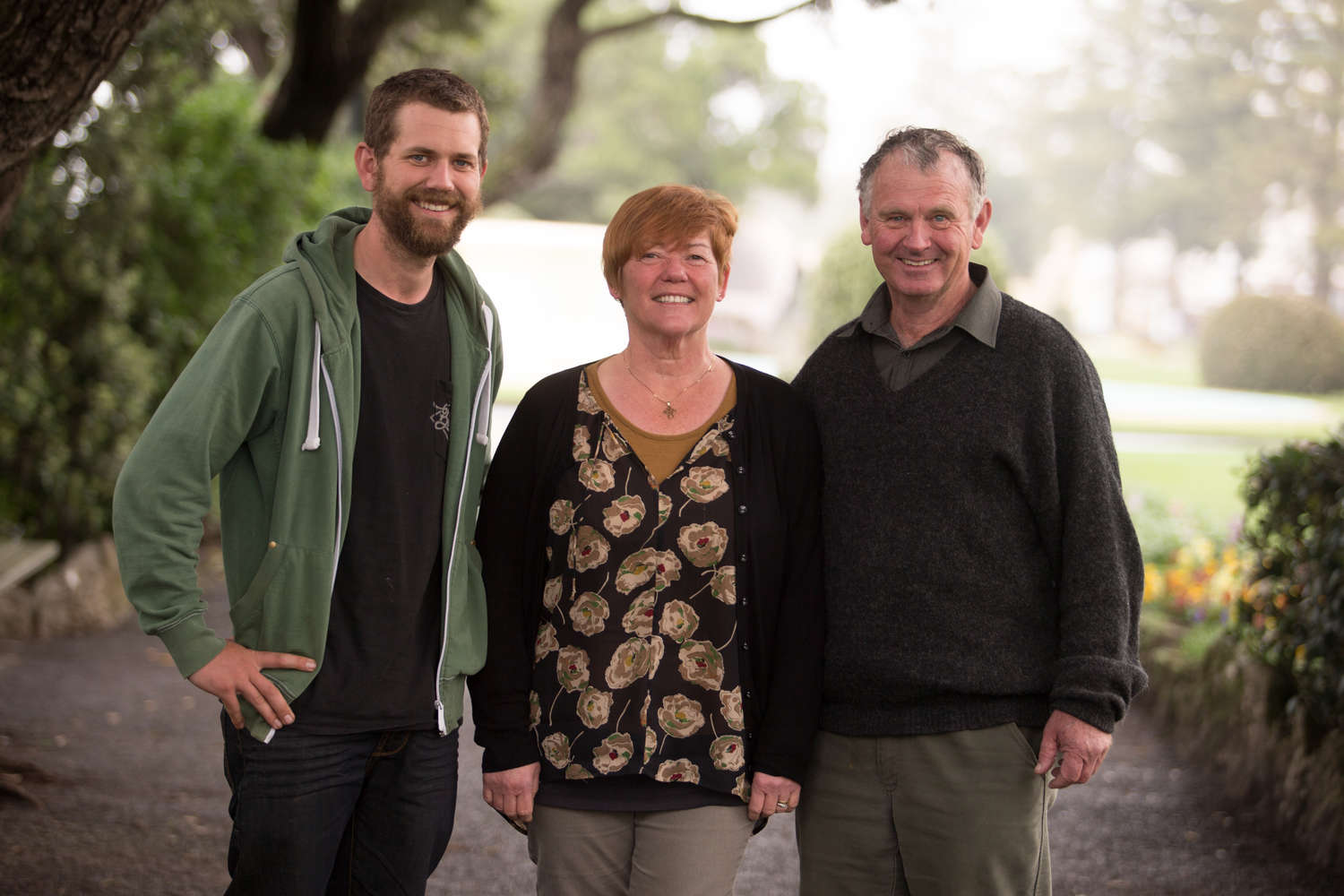
Trevor, Julie and their sons, Fraser and Stephen farm at Fordell. They purchase predominantly weaner and 18 month heifers and steers and take through to finishing.
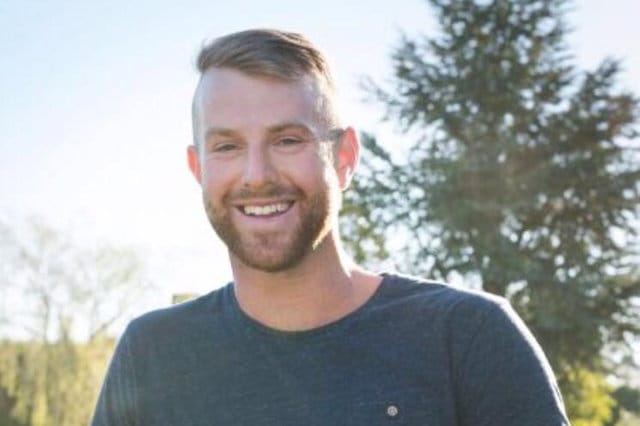
“As a kid I was always told quality over quantity,” says Ryan Cockburn, who co-manages Alburn Farming Ltd. “And that’s exactly what you are getting when you choose First Light meat.”
Ryan has seen the demand for First Light first-hand – he and partner Stevie accompanied a team of First Light management and farmers to the USA in 2018, demonstrating the premium product in stores and meeting customers, butchers and meat managers.
“We got involved with First Light because we wanted to get more reward for the effort we put in to producing our products on-farm, and not to be just part of a commodity line,” he says. “It’s helped our business become more structured. We are able to budget on what we are going to get for our animals due to having a forecasted payment price – we’re not left wondering what we are going to earn for our product.”
Ryan and his grandfather, Alan Tindall, manage their family farm at Seafield, near Ashburton. “Three generations are still involved to some degree,” says Ryan. Their model is mixed arable farming, growing wheat, barley, linseed, pak choy, radish, kale, process pea and sweetcorn. Alongside that, they buy in around 100 First Light Wagyu mixed sex weaner calves, and 50-100 store cattle to finish. “In 2020 we will also winter around 500-500 head of Wagyu cattle.”
Alburn Farming took out the cup for best milling wheat grown in 2019 at the United Wheatgrowers competition. It also won First Light’s Wagyu Supplier of the Year prize in 2018, which is awarded to a supplier consistently demonstrating exemplary farming practices and communication. Ryan says First Light’s values align with their own. “Honesty, reliability, accountability… if you can’t stand by what you do on-farm then you shouldn’t be part of First Light. First Light is a team – a big family – and if one person lets things slip it affects the whole group. We enjoy working together as a group to get the best results for the group. Profit is not the main driver – but it’s a by-product of passionate people wanting to do better.”
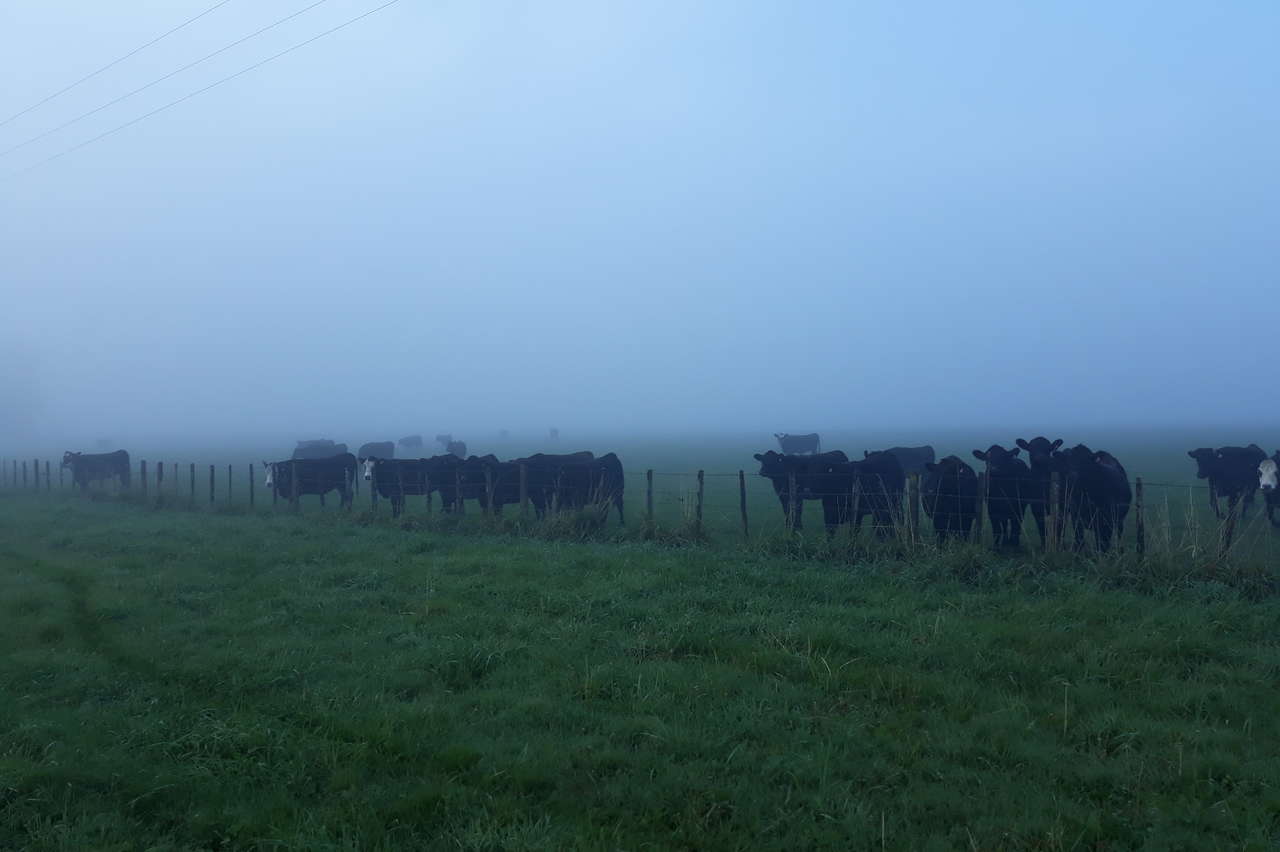
Simon and Duncan Campbell along with their families’ farm in Opiki, Manawatu. They currently take Wagyu * Angus and Wagyu * Dairy weaners through to finish.
